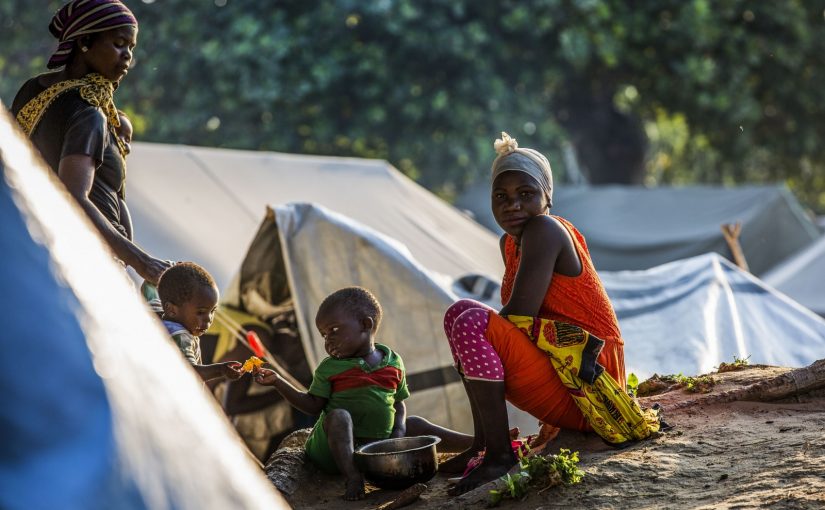Mozambique: Budget proposal projects 3.2% GDP growth for 2026
Mozambique: More action needed to defend women in Cabo Delgado conflict – NGO

FILE - For illustration purposes only. [File photo: Lusa]
Mozambique needs more active institutions to defend women in the context of the conflict in Cabo Delgado province, in the north of the country, said researcher Lorena Mazive, from the Institute for Multiparty Democracy (IMD), a non-governmental organisation, in an interview with Lusa on Monday.
“We need more active, more alive institutions,” she said, adding that this was necessary not only to guarantee individual rights, but for women to know where they can file a complaint – something that is still difficult, with silence prevailing over many offences.
Mazive, a researcher at the IMD’s political academy, spoke to Lusa after the organisation launched a national appeal for an end to impunity in sexual abuses against women in Cabo Delgado, during an armed insurgency that has lasted for four and a half years.
“Many of the rapes are committed by military personnel and insurgents,” she said, noting that in some cases the violence even includes mutilation.
The insurgents are difficult to control, but the military – both Mozambican and foreign – belong to an “institutional dimension” with which there must be dialogue and awareness if such abuses are to end, Mazive said.
She suggested an approach to the military as a whole – an action directed at “all those who are on the war stage” – because “at the end of the day they are there to protect the country and human rights.”
But, she acknowledged, “raising awareness is not enough” and the authorities must also “investigate, to find out who [undertakes] this type of practice, and apply coercive measures.”
She called for penalties as an “example to all” to inhibit the perpetuation of such crimes.
States should have power over their own agents, but it may be that some institutions “are not strong” or “not acting”, she said.
“There needs to be not a protectionist sentiment, but a real one,” she went on. “Otherwise the population ends up being victims of terrorists and the people who should protect their rights.”
While ending the conflict comes first, the “principal” objective must be to put an end to all associated violence, Mazive said, stressing the need to “strengthen the capacity of the people, not to be afraid to complain.”
In addition to the military and the authorities under the Ministry of the Interior, Mazive cites the office of the country’s Ombudsman as an example of an institution that could be more proactive.
Reports and testimonies about the conflict in Cabo Delgado, she said, reveal that the abuse of women has a dual purpose – as in any conflict – from a sexual and logistical point of view, for example, forcing them to cook and clean.
When a woman suffers, “the children, the elderly and the disabled who are under her care suffer” so “she deserves extra care”, Mazive said, while warning that when a woman is a victim of abuse, she is often cast aside because of community customs and habits, as punishment for having lived with a stranger and become pregnant – even if she was forced.
The victim is subjected to “the abandonment of society and the state”, that is, the “effects of war are much more than being left without a house or a garden: there is a very serious mental effect,” Mazive said.
As with other warnings that have already been issued, the researcher called for a social assistance plan for Cabo Delgado that includes psychological support.
“There may be reconstruction” of infrastructure and the territory “may look beautiful” but it will be worthless “without functional people,” she concluded.
Cabo Delgado province is rich in natural gas but has been terrorised since 2017 by armed rebels, with responsibility for some attacks claimed by the local affiliate of the extremist group Islamic State.
Around 784,000 people have been internally displaced due to the conflict, according to the International Organization for Migration (IOM), and around 4,000 killed, according to the ACLED conflict registration project.
Since July 2021, an offensive by government troops with Rwandan support, later joined by the Southern African Development Community (SADC), has made it possible to recover areas where there was a rebel presence, but their flight has provoked new attacks in other districts used as passage or temporary refuge.













Leave a Reply
Be the First to Comment!
You must be logged in to post a comment.
You must be logged in to post a comment.